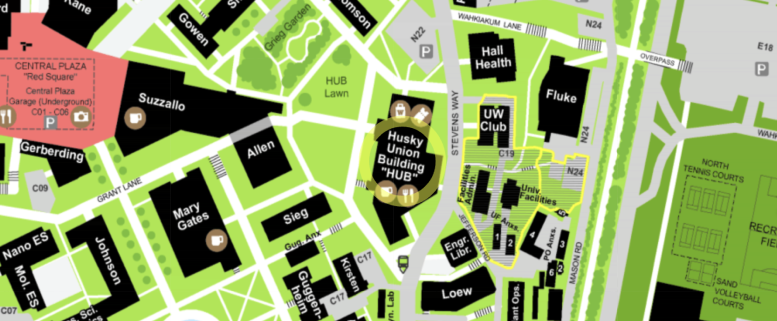Earthquake Ground-Motion Prediction via Field and Laboratory Measurement Systems
Civil and Environmental Engineering
Requested:
$74,295
Status:
Funded
Awarded:
$74,295
Abstract
The overarching objective of this proposal is to enhance the laboratory experience of students through addition of important capabilities in the Civil and Environmental Engineering (CEE) Geotechnical Laboratory. This laboratory is used by all CEE undergraduate students and many CEE graduate students, including all those in Geotechnical Engineering. We request funding to acquire field and laboratory equipment that measures seismic-wave velocities in earth materials. These measurements are critical for predicting the strength of ground shaking during earthquakes, which can be drastically different at neighboring sites with different subsurface conditions. For example, the strength of shaking at Husky Stadium could be five times larger than that on the Quad. Knowledge of these measurements and their analysis is vital to all earthquake engineers, especially in Washington, where earthquakes have the potential to inflict devastating losses. Yet at present, the UW CEE Department has no capability to perform such measurements, and thus, students cannot be exposed to this topic through hands on, problem-based learning. In addition to earthquake engineering, seismic-wave measurements offer capabilities related to non-destructive testing of infrastructure, including construction of dams and levees, building foundations, and tunnels, among others. Geophysical techniques allow engineers to measure a material’s properties without penetrating, removing, or otherwise disturbing it. When other, more invasive methods are prohibited (e.g., beneath existing buildings and bridges; in contaminated soils, such as at the Hanford Nuclear Site in Eastern Washington; and in the middle of critical infrastructure, like dams), seismic-wave measurements are extremely important and oftentimes provide the only way to determine the stability of sensitive infrastructure. Recently, these methods have also proven useful for developing exciting, sustainable solutions in the field of bio-mediated geotechnics, which uses biological and chemical reactions to improve soil properties. For example, the use of microbes to precipitate calcite has shown great potential as a way to eliminate use of environmentally damaging additives to improve soils. Seismic-wave velocity measurements provide engineers with ways to both monitor these environmentally beneficial processes in practice, and to develop new, exciting technologies. At present, the UW Geotechnical Laboratory does not have the capability to perform such measurements, either in the field or laboratory setting. This equipment will significantly improve and modernize the student lab experience by providing hands-on experience through problem-based learning modules. Furthermore, the requested equipment allows measurement of seismic-wave velocities over both very small and very large scales. The ability to link “micro-scale” properties with “macro-scale” engineering consequences will greatly enhance learning and will provide students with technical expertise that is currently lacking at UW, but is vitally important.

